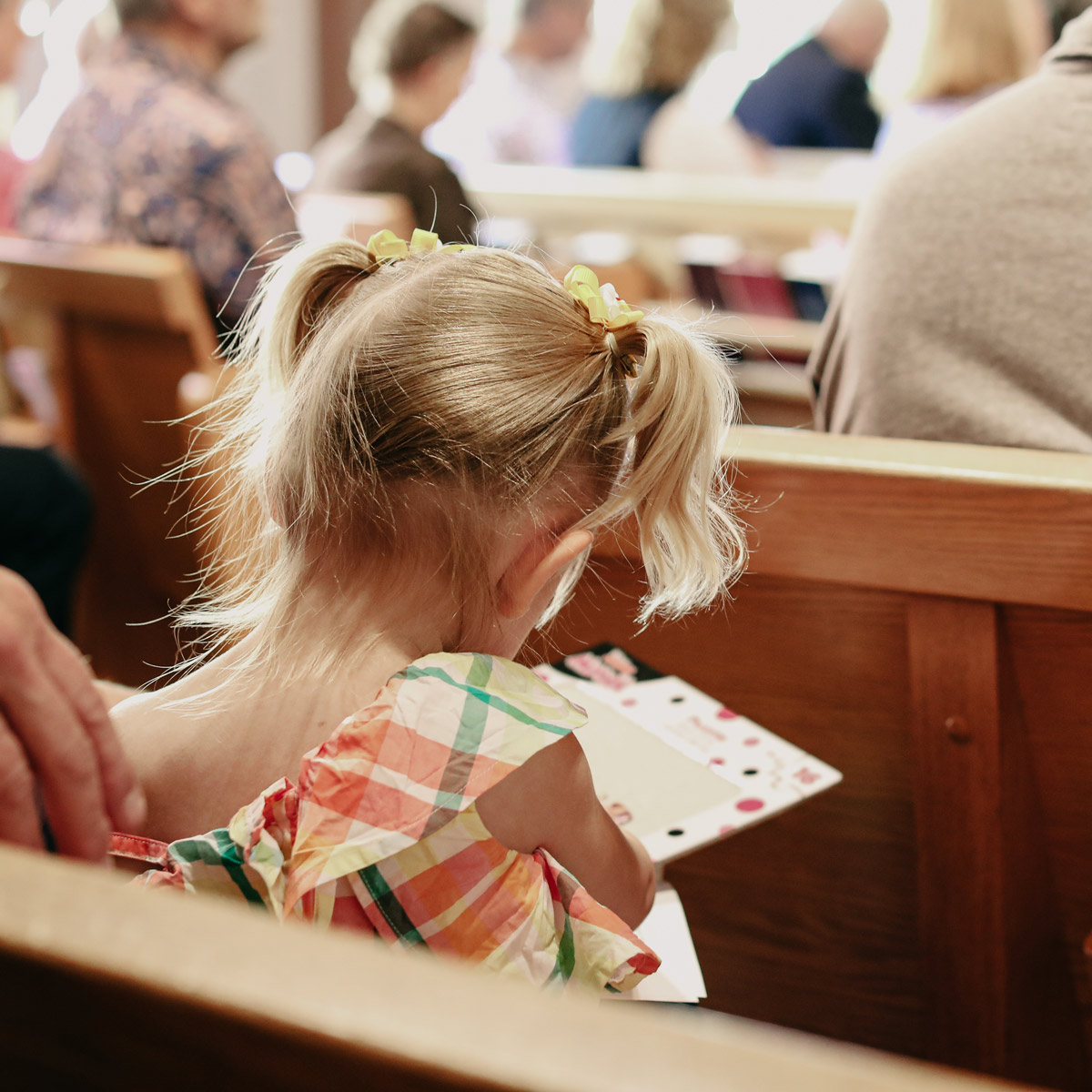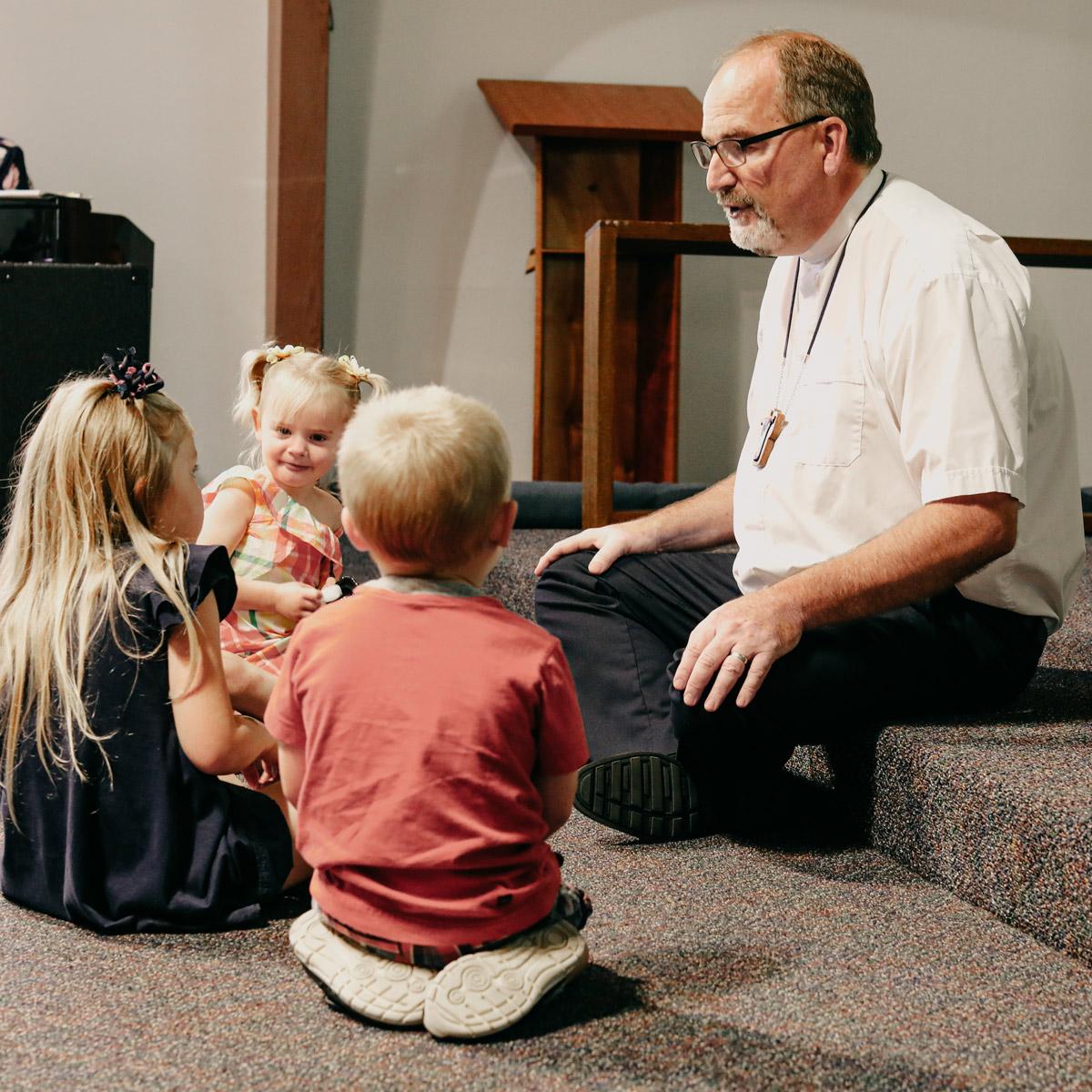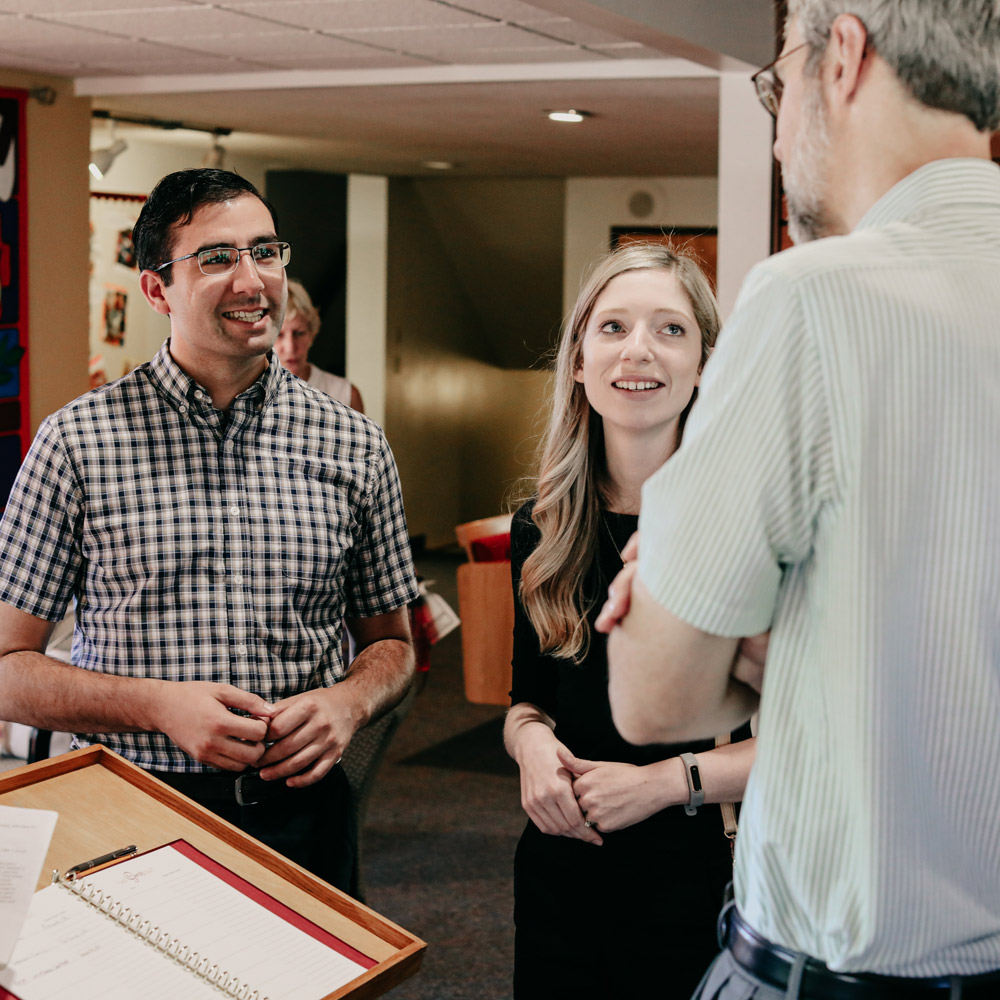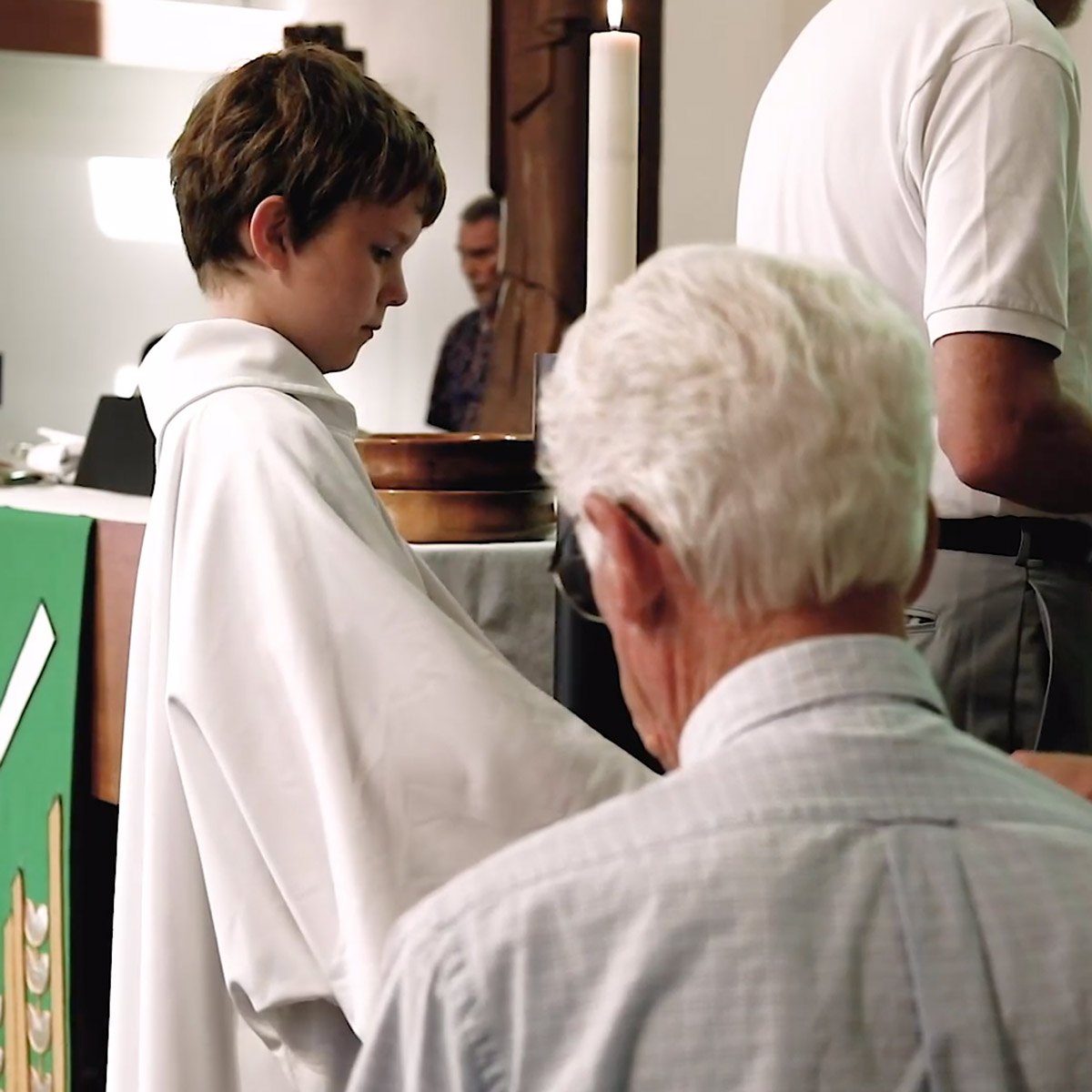
September 24, 2023 | Liturgy Bible Study – Session 2 – The Biblical Basis
Liturgy Bible Study – Session 2 – The Biblical Basis of Liturgical Worship
What are your thoughts on church tradition?
What does Scripture have to say about them? Matthew 15:3-6; Mark 7:3-9; 1 Corinthians 11:1-2; 2 Thessalonians 2:15, 3:6, Colossians 2:8
What does Scripture have to say about liturgy, specifically? Acts 2:41-46; 1 Timothy 2:1-8, 4:13-16; 2 Timothy 4:2
Is liturgical worship merely a church tradition? Explain
Is there any room for spontaneity in liturgical worship? Explain
What might happen if there is deemed no room for change in the worship service?
How does the basic structure of worship differ between the Old and New Testaments? OLD –Genesis 4:2-5, 28:10-22, 35:1-15; Exodus 3:12; 15:2; Numbers 21:17-19; Psalm 98:4-6. NEW – Acts 2:11; Luke 15:25 (Jesus’ view on celebration), Ephesians 5:18-20; Colossians 3:16; 1 Corinthians 14:26 (See attachment)
In the Old Testament, God appointed certain feasts to commemorate the redemptive acts of God. Why have these feasts been done away with in Christian worship?
Sacrifice was an important element in Old Testament Worship, yet that has also been eliminated in the same way in Christian worship. Has sacrifice been eliminated altogether? Explain Romans 12:1; 1 Samuel 15:22
We still remember the Sabbath each Sunday. Why do you think this tradition has continued? Genesis 2:3; Exodus 20:8-11, 31:13; Isaiah 58:13; Mark 2:27; Hebrews 4:7-10
Why is music such an important aspect in both Old and New Testament worship? What makes a worship song worthy of using for worship?
Try to imagine worship in heaven? Do you think it will look anything like it does on Sunday? Explain. Revelation 4:1-11, 8:3-5
We see in Scripture that through time, many things having to do with worship have remained the same while other things have changed. Knowing this, why are people sometimes overly cautious about a change in our liturgical worship?
Remembering what we have learned above, what aspects of the liturgy do you think appeal to God the most?
ATTACHMENT:
- Old Testament Worship– There was present one, only one, Tabernacle, later transformed into a sole Temple; a specific geographical location and site was approved for worship for the entire nation; a particular family, the Levites, was chosen to serve as ministers referred to as Levites and Priests; a singular High Priest was appointed who, up to a time, was also the temporal head of the nation. There were Prophets, appointed directly by God & who operated outside the system of Levitical priesthood & the Temple structure but who, at times, also were inside it or, sometimes, were even from the family of the Levites.
A catalog of specific gifts & offerings was declared. Also spelled out was when to bring them and how to make the offerings & gifts. Specified feasts were to be observed and the time to observe them were indicated as well as how to mark them. Worship was by acts or works. God was the center of worship.
There was not a clear knowledge of Christ in the Old Testament. This is one additional explanation why, when Jesus did come in person, only a few adherents to Judaism, the Old Testament religion, recognized him. This problem continues to exist and persist in the church today.
The end goal of the Old Testament was justification with God. The Old Testament, in reality, was pointing towards Jesus and, thus, the New Testament, but this was not easily apparent or obvious and only a few men of God had this revelation. The church continues to grapple with this problem to the extent that it is not well understood by believers, including ministers at the highest level, that Jesus has turned the page on the Old Testament, effectively closing that chapter and era and dispensation.
New Testament Worship– In contrast to the Old Testament, the worshipper is the temple of the New Testament. There is not a single, specific, physical location to worship; neither are there choreographies of worship rituals. Rather, worship is qualitative and must be in Spirit and in Truth, as opposed to merely physical acts or practices or observances.
The Church is introduced, which is, at once, physical and spiritual, and could be in one place or in several places at the same time, but only understood in terms of the true worshippers, people who truthfully and spiritually serve and follow God, and not in terms of every single person claiming affiliation with the church.
Ministry or serving the church is not limited to one family but dispersed among all people and nations. Multiple apostles are present as opposed to a single high priest (high priest of Old Testament corresponds to apostle of New Testament). Prophets in the New Testament are both in the church & outside of the church. Evangelists are both in the church & out of the church; Pastors & Teachers are both in the church & out of the church.
The mission of the church is to the nations of the world, the entire human race, and not to a single nation. Only two required ordinances of Baptism and The Lord’s Supper are mentioned. Gifts & offerings are encouraged but are not specified as to type, quantity, quality or frequency but are to be given out of one’s personal will or desire, given because one wants to, and never to be compelled.
God (The Father), Jesus Christ (The Son) and The Holy Ghost (The Spirit)- all three agree and are one- is the center in the church. Worship is through Faith. The end goal is salvation of the soul.
The New Testament explains, interprets and brings to existence- completes, fulfills, manifests- what the Old Testament was prefiguring, shadowing, pointing to or prophesying. The New Testament is a clearer picture or revelation of what the Old Testament was talking about. The New Testament completed, fulfilled and replaced the Old Testament. Many teachings and principles of living and spiritual practices of worship from the Old Testament have been carried into the New Testament. As well, many of the teachings and practices of the Old Testament have been dropped, expunged and gotten rid of.
Invitation: On hearing this, they were stung in their hearts; and they said to Peter and the other apostles, “Brothers, what should we do?” Peter answered them, “Turn from sin, return to God, and each of you be baptized on the authority of Jesus the Messiah into forgiveness of your sins, and you will receive the gift of the Holy Spirit! For the promise is for you, for your children, and for those far away — as many as The LORD our God shall call!” Acts 2:37-39
Closing Scripture: “And keep growing in grace and knowledge of our Lord and Deliverer, Jesus the Messiah. To him be the glory, both now and forever! Amen.” 2 Peter 3:18
An article from teachmebible.org
















